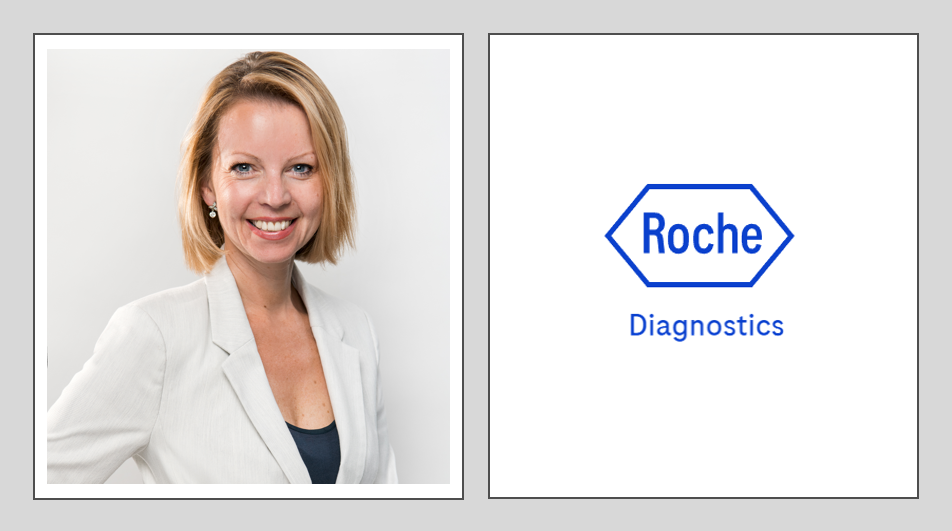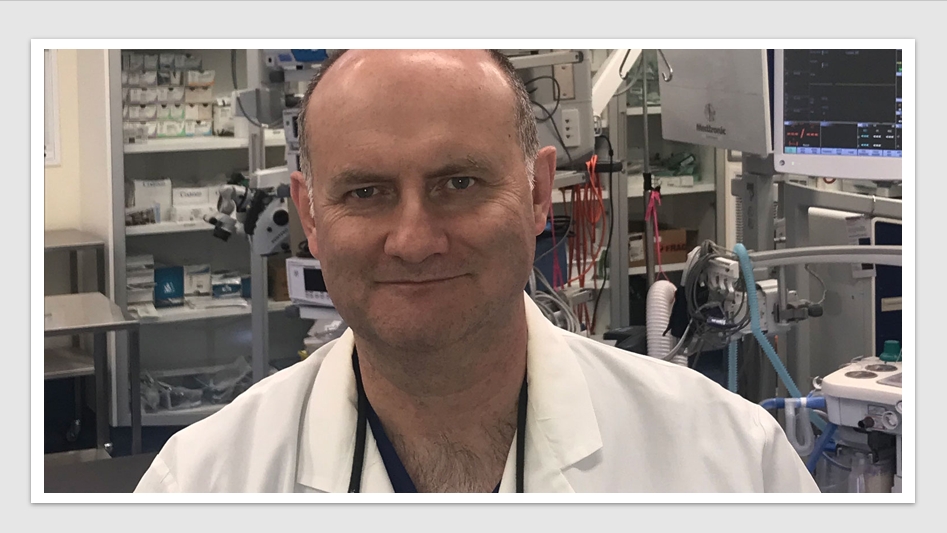News & Trends - Pharmaceuticals
Industry alliance to be the united voice for Australia’s genomics future

Pharma News: The industry alliance pulling together the genomics ecosystem in Australia ran its first event with focus on strategy, engagement and industry collaborations.
The Industry Genomics Network Alliance (InGeNA) was established by Australasian Institute of Digital Health (AIDH) with matched funding from MTPConnect’s Industry Growth Centre Project Fund.
The new Alliance was launched in November 2020 and includes founding member companies across pathology and diagnostics, technology and data, and biopharmaceuticals – Sanofi, Roche and Bristol Myers Squibb (BMS), AbbVie, Amgen, Novartis, Takeda, Janssen and Lilly.
David Bunker, Chair of InGeNA, said “The notion is for us to provide a united voice, for industry to have a seat at the table and to contribute to Australia’s genomics future in an organised way.
“The vision for InGeNA is to realise the full potential of genomics in personalised healthcare. Our mission and purpose are to harness the collective skills and expertise of industry to integrate genomics into healthcare.”
To date, InGeNA has contributed to several public consultations including the Australian Government’s Medical Research Futures Fund’s (MRFF) Genomics Health Futures Mission and the draft cancer plan for the NSW Government.
Bryon Muntz, Director of Market Access at Novartis, noted that investment in gene therapies has increased significantly reaching $US 14.1B in 2019 compared to $US 0.9B in 2016. The number of new clinical trials also increased from 43 to 69 in the same period.
“As the first cell therapy is now available in Australia and the first gene therapy is registered, we’re more powerful together in finding a path for these transformative therapies – whether it’s consumers, government, researchers or industry.”
“There are three common themes that emerged in relation to genomics at the recent Parliamentary Inquiry for access to new drugs and novel medical technologies. These included challenges in access pathways, genomic testing, and data and digital.”
Bryon talked through the issues raise at the Parliamentary Inquiry around the inefficient approvals and PBAC reimbursement models, the greater need for consumer input earlier in the approval process and a call for rare diseases pathway that is fit for purpose. The highlighted companion testing issues also go across the reimbursement pathway through to clinical practice. There was also significant discussion around the better utilisation of data and digital to support the therapies that are coming through and understand the target patients, in addition to, sharing the data to highlight the value of these novel therapies.
Heather Renton, Chief Executive Officer and Founder of Syndromes Without a Name (SWAN), spoke about the importance of the consumer voice and how it fits into InGeNA. Approximately 40 – 60% of children will never receive a diagnosis for their rare condition in their lifetime. For those who do, it takes a shocking average of nine years and at least one misdiagnosis for many, which Heather hopes will improve significantly with the use of genomics.
Bryon commented “How do we create a platform for partnership? Some of the fundamental changes we all can make is around early and frequent engagement with advocacy and the consumer voice, having a deeper understanding of the patient, and building strategic partnerships to enable therapies for those that need it most.”
In response to Health Industry Hub‘s question on InGeNA’s role to drive change in the current reimbursement pathway, a key access roadblock to novel therapies such as cell and gene therapies, David said “InGeNA can boost the community voice which is one of the elements considered by MSAC and PBAC in their assessment of new treatments. We need to ensure that we understand the type of evidence that is needed and how to collate that evidence through collaborative endeavour so we can contemplate combined collective value.”
Leaders from Roche and BMS also welcomed the establishment of InGeNA.
Richard Woodfield, Medical Director, Roche told Health Industry Hub “The Alliance represents an important step in fostering and facilitating the collaboration required to integrate genomics into healthcare in Australia. Genomics is one of the key technologies that will drive the evolution of healthcare by enabling a more personalised approach to treatment. We look forward to participating in the work of the Alliance to accelerate the benefits of personalised healthcare and help ensure that every patient receives the right care, at the right time.”
Neil MacGregor, Managing Director Australia & New Zealand, Bristol-Myers Squibb said “Bristol Myers Squibb Australia welcomes the formation of InGeNA and the development of programs to embed genomics across the Australian healthcare sector so that patients may benefit from precision healthcare.”
News & Trends - MedTech & Diagnostics

Roche Diagnostics MD bids farewell after two-decades, leading the organisation to new heights of success
Diagnostics & MedTech News: The Managing Director of Roche Diagnostics Australia, Allison Rossiter, has announced her resignation, effective September 2024. […]
MoreNews & Trends - Pharmaceuticals

Is Australia ready to play a leading role in precision nuclear medicines?
Pharma News: A newly released discussion paper unveils Australia’s preparedness to take the helm in the rise of the global […]
MoreNews & Trends - MedTech & Diagnostics

Minimally invasive procedure a first in epilepsy treatment
MedTech & Diagnostics News: An Australian-first procedure utilising MRI-guided, minimally invasive surgery has been introduced for the treatment of epilepsy […]
MoreNews & Trends - Pharmaceuticals

Stakeholders unite in international call to tackle breast cancer gaps and inequities
Pharma News: Breast Cancer Network Australia (BCNA) has united in an international call to raise breast cancer care standards and […]
More